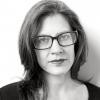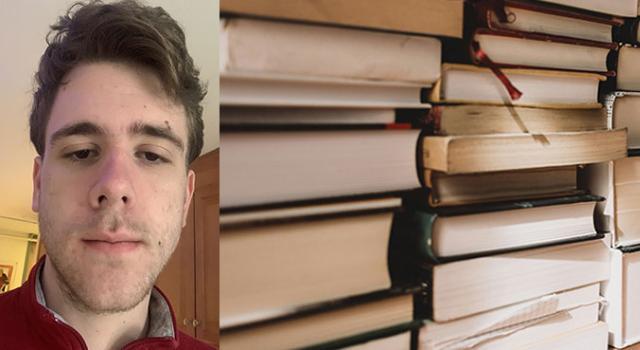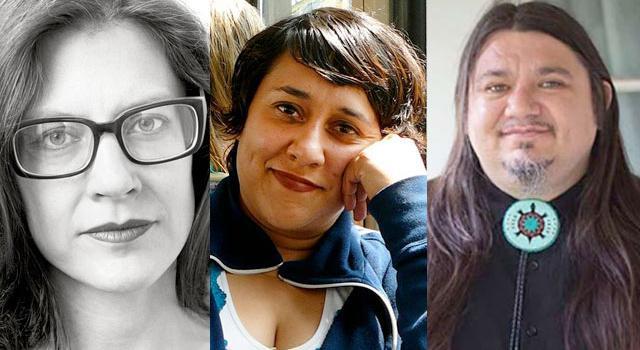Jennifer Bajorek is a scholar, writer, and university professor working on questions at the intersection of photography, art, and poetry. She has a particular interest in the aesthetic aftermaths of colonialism in French and Francophone worlds, with a cultural and geographic focus on Africa. At Hampshire, she teaches interdisciplinary courses on literature (fiction, experimental nonfiction, and poetry); photography and film; and philosophies of the image and of liberation.
Bajorek has published and taught on a wide array of cultural texts, objects, and spaces: on African photographic archives and decolonial historiography; Francophone (European, African, Caribbean) literature and film; Marxist, post-Marxist, and postcolonial theory; as well as topics in contemporary art, African and African diaspora history, and art history, and critical museum and heritage studies. Her work also includes translation, curating, and diverse forms of collaboration.
Her research and curatorial projects have been supported by fellowships or grants from esteemed foundations and institutions including the Mellon Foundation, the Marion and Jasper Whiting Foundation, the Fulbright Foundation, the London Centre for Arts and Cultural Exchange, the Clark Art Institute, and the Fondation Maison des Sciences de l’Homme. She was a recipient of the Creative Capital/Arts Writers Grant from the Andy Warhol Foundation for the Visual Arts and won a Millard Meiss Publication Fund Award from the College Art Association, for her 2020 book, Unfixed: Photography and Decolonial Imagination in West Africa.
Her current research investigates aesthetic and political dimensions of im/migration in contemporary France. She is working particularly closely with artists, writers, and activists who draw on African migration and labor histories, undocumented workers' movements, and anti-colonial archives or who emphasize transethnic, transracial, and non-citizen solidarity in their practice.
Prior to teaching at Hampshire, Bajorek was senior lecturer in cultural studies at Goldsmiths’ College, University of London (United Kingdom). She has been a research associate in the Visual Identities in Art and Design Research Centre, in the Faculty of Art, Design and Architecture, University of Johannesburg (South Africa), since 2013.
Bajorek welcomes advising requests from students working in all fields of the humanities and in cultural and visual studies. She is particularly eager to support students working on literature and experimental writing in comparative and cross-cultural contexts; those working in photography, film, and visual studies; and those whose work is informed by Marxism and postcolonial theory, or African and Black studies approaches to literature, art, and visual culture. She also welcomes advising requests from artist-practitioners whose work incorporates theoretical questions or historical research, regardless of medium.
Personal website




